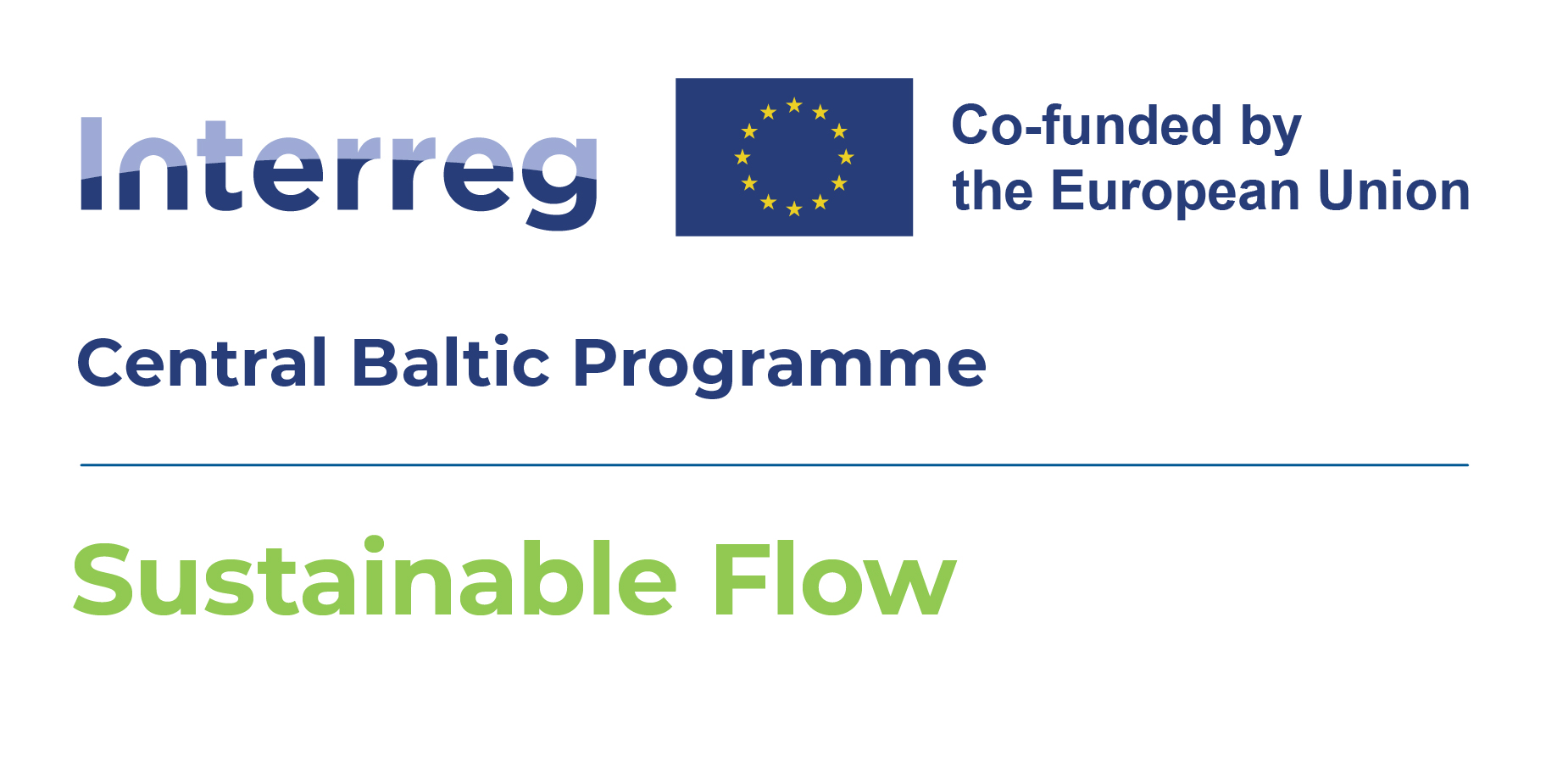
Through seven pilot ports in the Central Baltic area, the Sustainable Flow (Sustainable flow of goods and decreased CO2 emissions of transportation) project contributes to the reduction of CO2 emissions. The project will not only increase the knowledge of what individuals and organisations can do but will also develop practical tools for stakeholders.
The Sustainable Flow project offers a solid ground for developing intermodal/multimodal transportation systems. As a result, CO2 emissions are reduced in port operations in the CB region – and beyond. By end of the project in 2026 – the ports as hubs of maritime sector in CB area – have the ability and the capacity to be smarter, greener, more cost-efficient, interoperable, sustainable, accessible, and safer and more secure.
Contact:
Mika Lindfors
Project manager
mika.lindfors@samk.fi
+358 50 302 0362
For further information
Project objectives
- Development of practical solutions and a digital tool to support CO2 reduction and energy saving measures in transportation systems, and
- A concept for energy savings and production of renewable energy in ports as hubs of multimodal operations.
Projects steps
- Analysing, surveying and benchmarking each seven pilot intermodal/multimodal transport systems and port operations as hubs to determine the current situation.
- Experience exchange activities for communications and stakeholder commitment.
- Development of a digital tool for reduction of CO2 emissions and a guidance tool for energy efficiency and renewable energy for companies in the maritime cluster.
- Carry out joint work on investments in ports to support CO2 reductions goals, following practical usability and renewable energy production.
- To support energy saving measures and rise of renewable energy in ports, development and implementation of:
- a decision-making tool for target groups
- a concept for energy saving measures.
Project partners and their role
- Satakunta University of Applied Sciences (FI) – lead partner (www.samk.fi)
- Swedish Maritime Administration (SE) – project partner (https://www.sjofartsverket.se/)
- Åland University of Applied Sciences (AX) – project partner (https://www.ha.ax/)
- International Transport Development Association (LV) – project partner (www.itda.co)
- Tallinn Technical University (EE) – project partner (www.taltech.ee)
- Fintraffic VTS ltd (FI) – project partner (https://www.fintraffic.fi/en/vts)
- Swedish Confederation of Transport Enterprises – project partner (www.transportforetagen.se)
